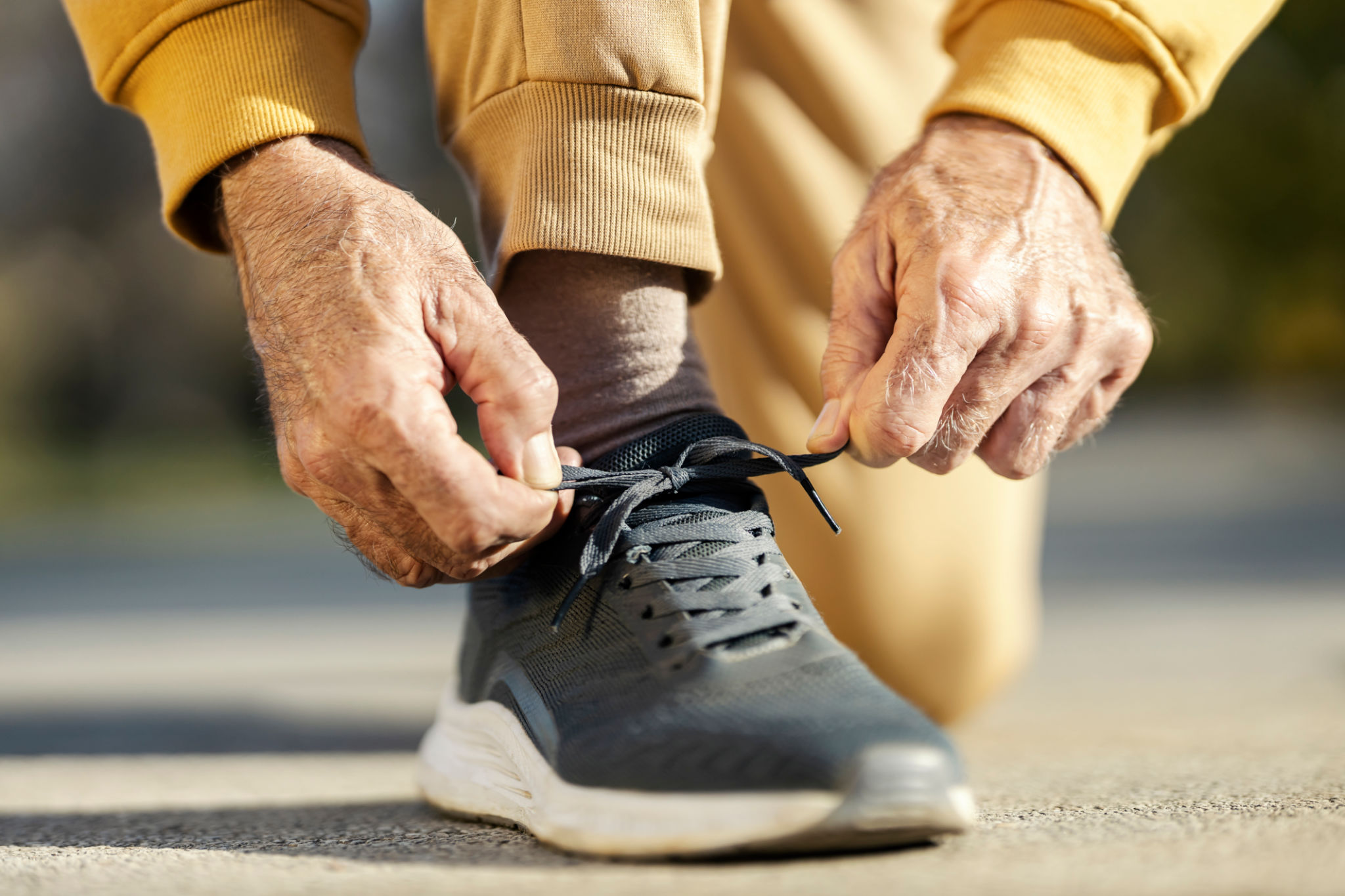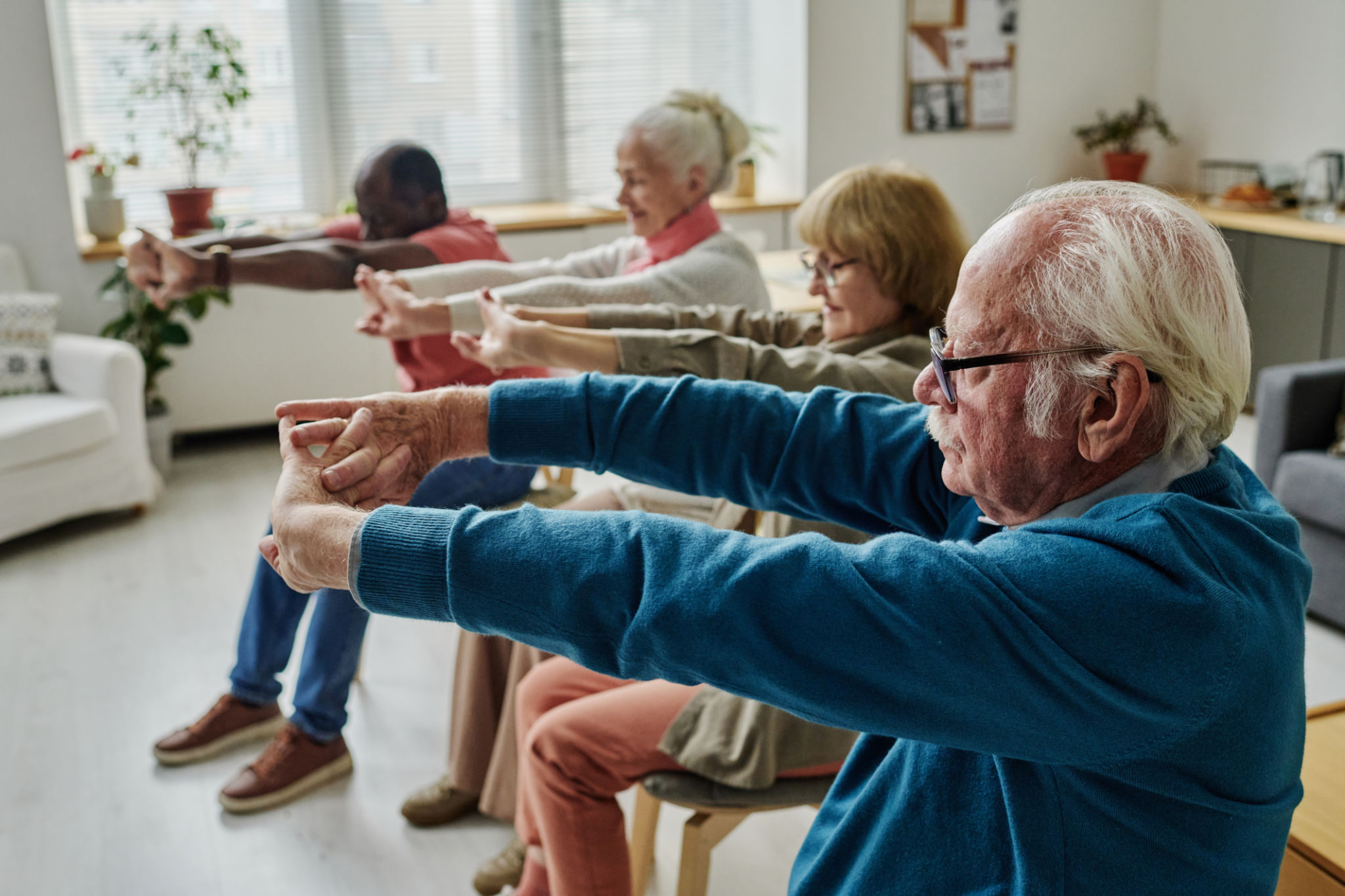Expert Tips for Active Ageing: Maintaining Fitness in Your Golden Years
Understanding Active Ageing
As we gracefully transition into our golden years, maintaining physical fitness becomes more crucial than ever. Active ageing is not just about staying physically active; it's a holistic approach to life that encompasses mental, emotional, and social well-being. By focusing on these areas, seniors can continue to enjoy a high quality of life, full of vitality and purpose.
The key to active ageing is adapting physical activities to suit individual capabilities. This ensures that exercise remains safe, enjoyable, and effective. Whether you are a lifelong athlete or a newcomer to fitness, there are numerous ways to incorporate physical activity into your daily routine.

Choosing the Right Exercises
One of the first steps in maintaining fitness in your golden years is selecting exercises that match your interests and physical condition. Low-impact exercises such as walking, swimming, and yoga are excellent choices for seniors as they minimize stress on the joints while providing cardiovascular benefits.
Strength training is also essential as it helps maintain muscle mass and bone density. Incorporating exercises like light weight lifting or resistance band workouts a few times a week can significantly improve strength and balance. Always consult with a healthcare professional before starting any new exercise regimen.
Staying Motivated
Staying motivated can be a challenge, but there are several strategies to keep you on track. Setting realistic goals and tracking your progress can provide a sense of accomplishment. Additionally, finding a workout buddy or joining a local fitness group can make exercising more enjoyable and provide accountability.

Nutrition and Hydration
Proper nutrition and hydration are critical components of active ageing. A balanced diet rich in fruits, vegetables, lean proteins, and whole grains supports overall health and energy levels. Seniors should also pay special attention to calcium and vitamin D intake for bone health.
Hydration is equally important, as the sense of thirst may diminish with age. Drinking plenty of water throughout the day helps maintain bodily functions and prevents dehydration. Herbal teas and water-rich fruits like watermelon can also contribute to fluid intake.
Rest and Recovery
Adequate rest is vital for recovery and overall well-being. Quality sleep helps repair muscles, reduces stress, and improves cognitive function. Creating a bedtime routine, maintaining a comfortable sleep environment, and limiting screen time before bed can enhance sleep quality.

Mental and Emotional Well-being
Mental health is an integral part of active ageing. Engaging in activities that challenge the brain, such as puzzles or learning a new skill, can keep the mind sharp. Social interactions also play a crucial role in emotional well-being. Participating in community events or volunteer work can provide a sense of purpose and connection.
Mindfulness practices like meditation or tai chi can further enhance mental health by reducing stress and promoting relaxation. These activities encourage living in the moment and appreciating life's simple pleasures.
Regular Health Check-ups
Finally, regular health check-ups are essential for monitoring any changes in health status. Routine visits to healthcare providers allow for early detection of issues and ensure that seniors receive necessary vaccinations and preventive care.
Incorporating these expert tips into daily life can significantly contribute to maintaining fitness and vitality in your golden years. Embrace active ageing as a journey that celebrates life at every stage, ensuring that you remain healthy, happy, and engaged with the world around you.